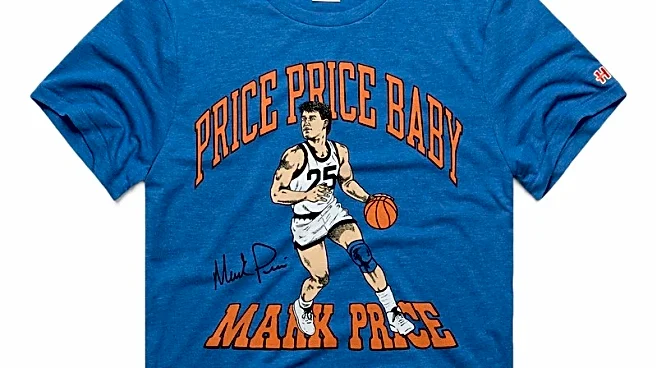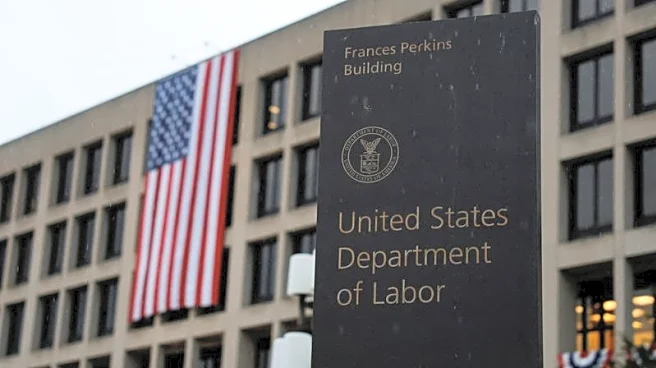Rapid Read • 7 min read
Retail sales in the United States increased by 0.5% in July compared to June, as reported by the Commerce Department. This growth was primarily driven by a rebound in auto sales, which rose by 1.6%. The increase in retail sales follows two months of declines, with a 0.1% decrease in April and a 0.9% drop in May. Excluding auto sales, retail sales saw a smaller rise of 0.3%. The fluctuations in auto sales have been linked to tariffs imposed by President Trump on foreign-made cars, which led to a surge in purchases earlier in the year as consumers sought to avoid the 25% duty. Other sectors showed mixed results, with clothing store sales up by 0.7% and electronics store sales down by 0.6%. Online retailers experienced a 0.8% increase in sales.
AD
The rise in retail sales, particularly in the auto sector, indicates a potential stabilization in consumer spending following months of volatility. This development is significant for the U.S. economy as retail sales are a key indicator of consumer confidence and economic health. The rebound in auto sales suggests that consumers are adjusting to the new tariff environment, which could have broader implications for trade policy and economic strategy. The mixed performance across different retail sectors highlights ongoing challenges in the retail industry, including shifts in consumer preferences and the impact of online shopping. Businesses and policymakers will be closely monitoring these trends to assess the overall economic outlook and make informed decisions.
Looking ahead, stakeholders in the retail and auto industries will likely continue to adapt to the tariff impacts and consumer behavior changes. The Commerce Department's future reports will be crucial in understanding whether the current growth trend will persist. Retailers may need to strategize around pricing and inventory to maintain sales momentum. Additionally, policymakers might consider revisiting trade policies to mitigate any adverse effects on consumer spending and industry stability. The broader economic implications of these retail trends will be a focal point for economic analysts and business leaders.
AD
More Stories You Might Enjoy












